Garment workers’ Eid protests reflect continued disregard for wellbeing by big brands
Image via Eco Textile News
Garment workers in Bangladesh face a multitude of injustices including low and unfair wages, unsafe working conditions, sexual harassment, abuse and, even rape. On top of this, garment workers are often denied their right to safely protest such injustices. Recently in Gazipur, garment workers were met with violence when protesting for their right to a proper Eid holiday. Local police responded with brutality, throwing tear gas shells and shooting rubber bullets, causing multiple injuries and cases of hospitalisation.
Eid protests
Eid is a very important time as it signifies and celebrates the breaking of the fast that is Ramadan. It includes special practices such as morning prayers, lots of food and gift giving. Ultimately it is a sacred time to spread love and joy between friends, family and the Muslim community. An extended period of time off -- about ten days -- during Eid is usual practice for Bangladeshi garment workers. So, when the Ha-meem group of factories, who supply for brands including H&M, Zara and Mango, only granted three days of holidays there was a rightful protest.
On the 10th of May, garment workers under the Ha-meem group protested outside the Creative Collection factory in Tongi, Gazipur. The police’s attempt to disperse the protesters was violent and dangerous, with at least twenty garment workers injured. The use of tear gas and open firing of rubber bullets caused some critical wounds and the majority of protesting workers had to be treated at hospitals.
Some protest outcomes
Can you imagine facing such consequences when protesting for something you should be culturally entitled to? All these workers, all these individuals were asking for was the bare minimum – the holidays they are annually given in order to celebrate a deeply culturally significant festival. Other factories and garment workers have been protesting too and after persistent demand authorities finally allowed the extended holiday. While this is good news for the workers, they shouldn’t have had to fight tooth and nail to get it.
Not only is it these workers’ right to have up to ten days of Eid holidays, it is also their right to protest against injustice. The response by the police, which was an act of force and violence, shows the suffering garment workers endure when fighting for basic rights. It’s clear that the violation of the usual extended holidays warranted a rightful protest and garment workers should be able to do so without consequences of brutality and injury.
Nothing new
But unfortunately, this wouldn’t be the first time garment workers have had their rights and bodies violated. The harsh reality is that in Bangladesh workers are regularly exploited; being underpaid and sexually abused. Earlier in the year, reports were released of a 20 year old girl who was allegedly raped and murdered by the manager of the garment factory where she worked, with those who protested and demanded justice facing consequences from the police. These horrific abuses of power against vulnerable women are sadly not new issues and neither is the uprise of workers demanding their basic rights.
At the start of 2019, thousands of Bangladesh garment workers held protests and went on strike due to receiving some of the lowest wages in the world. Protests were so large they made international headlines, showing the power of the people who make our clothes to stand together. Similar to the current situation, police used tear gas and rubber bullets to try and disband the protesters. One worker was even killed. A continued disinterest in the wellbeing of garment workers is devastatingly clear.
The bottom line
The recent protests demanding for extended Eid holidays may seem like one-off, even minor incidents but in actuality they are symbolic of wider issues. This event highlights the widespread denial of workers’ right to protest, and to do so safely. At the root of this lies a disregard for these peoples’ basic rights; an injustice that workers are all too familiar with as they also consistently face sexual abuse and low wages. We should always be considering who made our clothes and doing our best to buy clothes which support workers. Most importantly though, we need to be aware of unjust instances and educate ourselves so that we can use our voices to amplify theirs.

